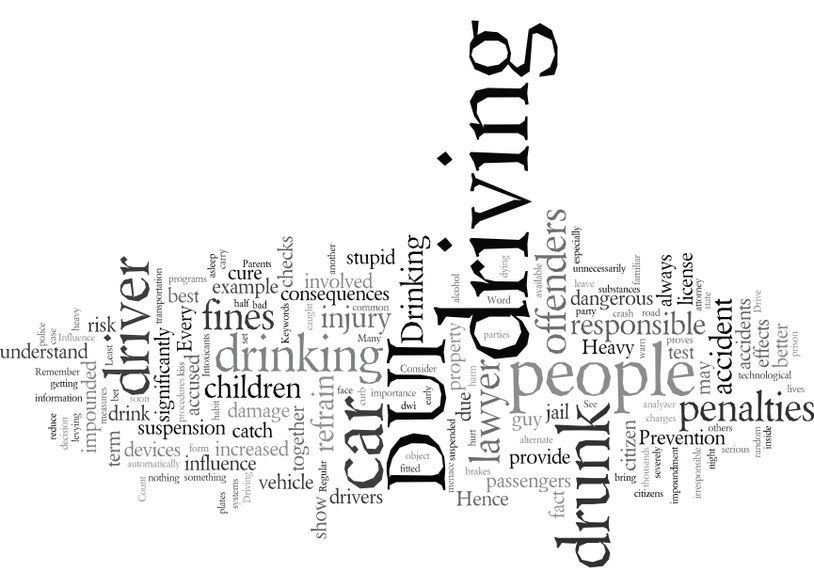
4 Common Defenses To Wisconsin OWI Charges | Eisenberg Law
4 Common Defenses Against OWI Charges in Wisconsin
Wisconsin driving laws are strict, particularly when it comes to OWI charges. An OWI conviction can lead to the loss of your driving privileges, fines, and even jail time, which is why they should never be taken lightly.
Prosecutors rely on physical evidence to prove OWI cases. Therefore, defense strategies center on disputing this evidence. This often comes down to examining whether or not proper procedures were followed or questioning the validity of test results. Below are 4 common defenses that the OWI attorneys at Eisenberg Law Offices use to protect their clients’ rights and driving privileges.
4 Common Defenses to Wisconsin OWI Charges
There are many different types of evidence used to prove OWI charges. Tangible evidence includes blood alcohol levels and other chemical test results. Other types of evidence are more subjective, relying on judgment calls rather than objective evidence. In both cases, challenging the evidence or how it was collected can be an effective defense strategy. Our 4 common defenses center on the answers to the following questions.
- Did the Officer Have Probable Cause? Officers must have a legal reason to stop the vehicle, detain the driver, and make an arrest. If any one of these factors is missing, the officers did not have probable cause. Evidence collected without probable cause is not valid and will be removed from the evidence against you.
- Did the Officer Provide an Implied Consent Warning? Wisconsin requires law enforcement officers to tell anyone they suspect of OWI the legal consequences of refusing a chemical test. If they do not provide this implied consent warning, test results can be invalidated as evidence. Although refusing to take a chemical test will lead to an automatic suspension of your license, it also helps you avoid self-incrimination. Your attorney can then advocate for your license to be returned.
- Were the Officer’s Observations Subjective? Officers often have to rely on their judgment to determine levels of intoxication, whether or not a driver is “under the influence”, and even what constitutes failing a field sobriety test. These observations can be highly subjective and, as a result, can be challenged by your OWI attorney.
- Are the BAC Readings Accurate? BAC readings are not as accurate or reliable as they are made out to be. BAC levels can be affected by a number of factors such as the time since your last drink or food you’ve eaten and how long it has been in your stomach. There are several arguments an OWI attorney can make, questioning the validity of BAC test results.
Fight Wisconsin OWI Charges With Help From Eisenberg Law
As our 4 common defense strategies indicate, OWI charges do not necessarily lead to OWI convictions. It is possible to build a strong and effective defense with help from the Wisconsin OWI attorneys at Eisenberg Law Offices. Discuss your case and your options with one of our OWI attorneys in a free consultation by calling 608-256-8356 or emailing info@eisenberglaw.org.







